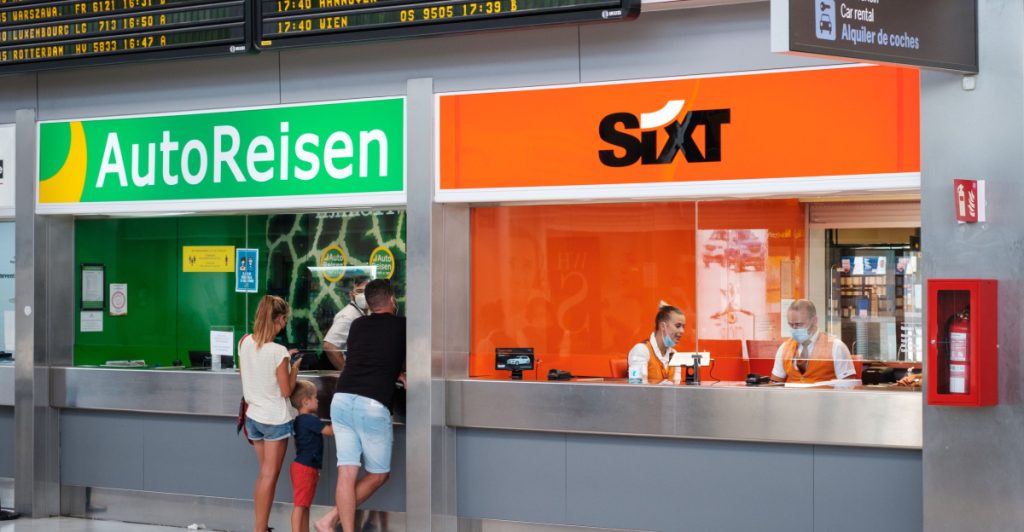A bold EU proposal to require rental car companies to switch exclusively to electric vehicles by 2030 has sparked sharp criticism from Germany, igniting a fierce debate over EV readiness and consumer choice.
Others are reading now
A bold EU proposal to require rental car companies to switch exclusively to electric vehicles by 2030 has sparked sharp criticism from Germany, igniting a fierce debate over EV readiness and consumer choice.
EU Floats EV-Only Rental Mandate

The European Union is considering a regulation to force rental car companies to purchase only electric vehicles starting in 2030, aiming to accelerate the phase-out of combustion engines.
Germany Slams the Proposal

German Chancellor Friedrich Merz condemned the idea, claiming it “completely misses the point” and could harm Europe’s collective economic interests.
Industry Voices Raise Alarm

Sixt board member Nico Gabriel warned that such a rule could discourage holidaymakers from renting cars, jeopardizing a key part of the tourism industry.
A Threat to Consumer Choice?

Critics argue the move could reduce options for drivers, especially in regions where EV infrastructure remains underdeveloped or unreliable.
Also read
Economic Ripple Effect

According to Bild, up to 60% of the new car market could be affected, as the ban would impact not just rentals but also corporate fleets and lease markets.
EU’s Broader EV Push

The proposed 2030 rule is part of a larger roadmap to eliminate sales of new petrol and diesel cars in the EU by 2035, marking a sweeping transformation.
Short-Term Workarounds?

Rental firms might respond by stockpiling combustion cars before 2030, but such a strategy offers only temporary relief before the 2035 phase-out.
Challenges for Tourists

While EVs are viable in cities, rural areas and long-distance travel still pose hurdles due to limited charging networks—raising concerns for vacationers.
A Divisive Transition Ahead

As the EU weighs its options, the backlash highlights the growing tension between environmental ambitions and practical mobility needs in the coming decade.


